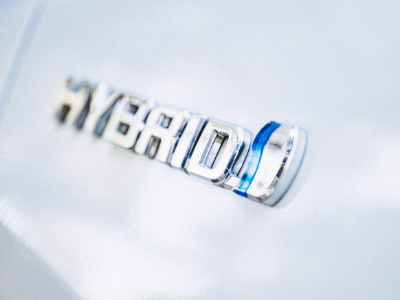Plug-in hybrids are perhaps the most talked about cars of the moment. In theory, they are brilliant: you drive electrically in everyday life, you can get away with it with a 100 kilometer electric range, and you only have the combustion engine as a backup for the long stretches. But as with much automotive technology, theory and practice are often further apart than manufacturers and policy makers want to admit.
Why plug-in hybrids are now causing so much debate
Plug-in hybrids are perhaps the most talked about cars of the moment. In theory, they are brilliant: you drive electrically in daily life, with a 100 kilometer electric range, you can get away with it just fine. But what's going on now?






